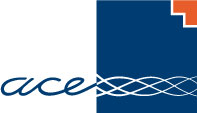404 - file not found
The content you requested could not be found.
Either the page does not exist, or it has been moved to another location.
If you cannot find the page you are looking for, please report the problem here and we will look into it and get back to you as quickly as possible.
